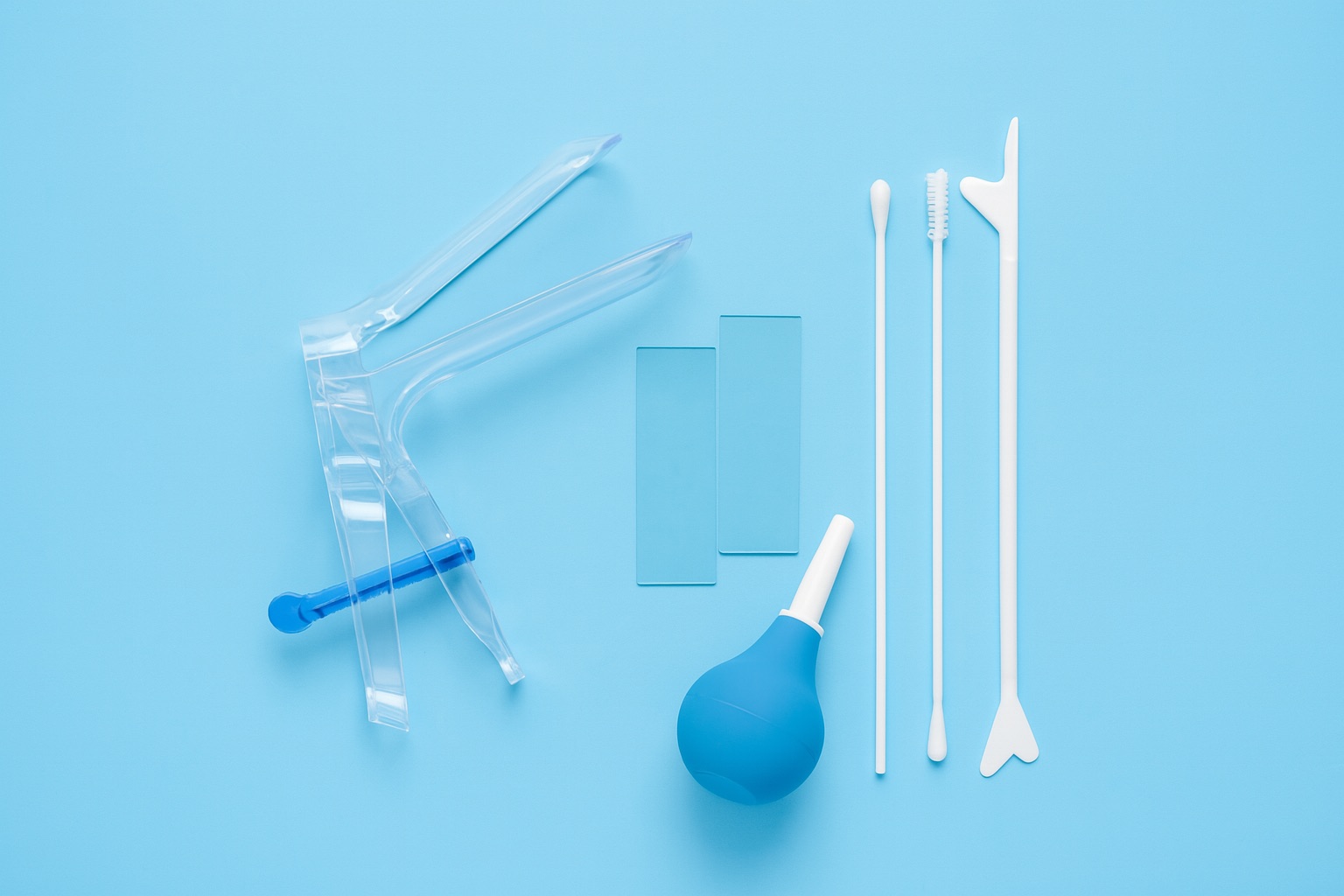Navigating Menopause: Empowering Women Through Knowledge and Care

Menopause is a natural phase in a woman's life, yet it often comes with questions, challenges, and misconceptions. For many women, this transition can be accompanied by unique experiences and concerns. At Morningside Medical, we believe in providing clear, empathetic, and culturally sensitive information to support you through every stage of this journey.
Understanding Menopause
What Is Menopause?
Menopause marks the end of a woman's menstrual cycles, diagnosed after 12 consecutive months without a period. It typically occurs between ages 45 and 55, with the average age being 51. However, factors like genetics, health conditions, and lifestyle choices can influence its onset.
Stages of Menopause
- Perimenopause: The transitional period leading up to menopause, characterized by hormonal fluctuations and changes in menstrual patterns.
- Menopause: The point when menstruation ceases for 12 consecutive months.
- Postmenopause: The years following menopause, where symptoms may ease, but health considerations continue.
Recognizing the Symptoms
Menopause affects each woman differently, but common symptoms include:
- Hot Flashes and Night Sweats: Sudden feelings of heat, often accompanied by sweating and redness.
- Sleep Disturbances: Difficulty falling or staying asleep.
- Mood Changes: Irritability, anxiety, or depression.
- Vaginal Dryness: Leading to discomfort during intimacy.
- Urinary Issues: Increased frequency or urgency.
- Cognitive Changes: Memory lapses or difficulty concentrating.
It's essential to note that women of color may experience certain symptoms more intensely or earlier. For instance, studies indicate that Black and Latina women often report more frequent and severe hot flashes.
Diagnosing Menopause
While menopause is a natural process, it's crucial to consult with a healthcare provider to rule out other conditions. Diagnosis typically involves:
- Medical History Review: Discussing menstrual patterns and symptoms.
- Physical Examination: Assessing overall health.
- Blood Tests: Measuring hormone levels, such as follicle-stimulating hormone (FSH) and estrogen.
Exploring Treatment Options: Pros and Cons
Hormone Replacement Therapy (HRT)
Pros:
- Effectively reduces hot flashes, night sweats, and vaginal dryness.
- Helps prevent bone loss and fractures.
- May improve mood and overall quality of life.
Cons:
- Potential increased risk of blood clots, stroke, and certain types of cancer.
- Not suitable for women with specific health conditions.
Non-Hormonal Medications
Pros:
- Options like antidepressants can alleviate mood swings and hot flashes.
- Lower risk profile for some women.
Cons:
- May have side effects such as nausea or dizziness.
- Effectiveness can vary among individuals.
Alternative Therapies
Pros:
- Herbal supplements like black cohosh may provide relief.
- Acupuncture and yoga can reduce stress and improve well-being.
Cons:
- Limited scientific evidence on efficacy.
- Potential interactions with other medications.
Navigating Menopause at Work
Managing menopause symptoms in the workplace can be challenging. Here are some strategies to help:
- Open Communication: Discuss your needs with HR or a trusted supervisor.
- Flexible Scheduling: Adjust work hours or take short breaks as needed.
- Comfortable Environment: Dress in layers and keep a fan at your desk to manage hot flashes.
- Mindfulness Practices: Incorporate deep-breathing exercises or short walks to reduce stress.
- Peer Support: Join or initiate support groups within your organization.
Employers are increasingly recognizing the importance of supporting employees through menopause, leading to more inclusive and accommodating work environments.
Self-Care Checklist for Menopause
Prioritizing self-care can significantly ease menopause symptoms. Here's a checklist to guide you:
- Nutrition: Consume a balanced diet rich in calcium and vitamin D.
- Hydration: Drink plenty of water to help manage hot flashes and maintain overall health.
- Regular Exercise: Engage in activities like walking, swimming, or yoga to boost mood and bone health.
- Sleep Hygiene: Establish a consistent sleep routine and create a comfortable sleep environment.
- Stress Management: Practice relaxation techniques such as meditation or deep-breathing exercises.
- Routine Check-ups: Maintain regular appointments with your healthcare provider to monitor your health.
- Support Networks: Connect with friends, family, or support groups to share experiences and advice.
Morningside Medical: Your Partner in Health
At Morningside Medical, we're committed to supporting you through every stage of menopause with compassion, understanding, and culturally sensitive care. Our team is here to answer your questions, provide personalized treatment plans, and ensure you feel empowered in your health journey.



